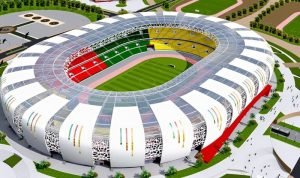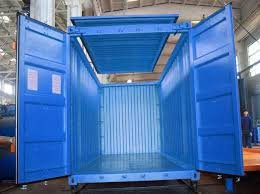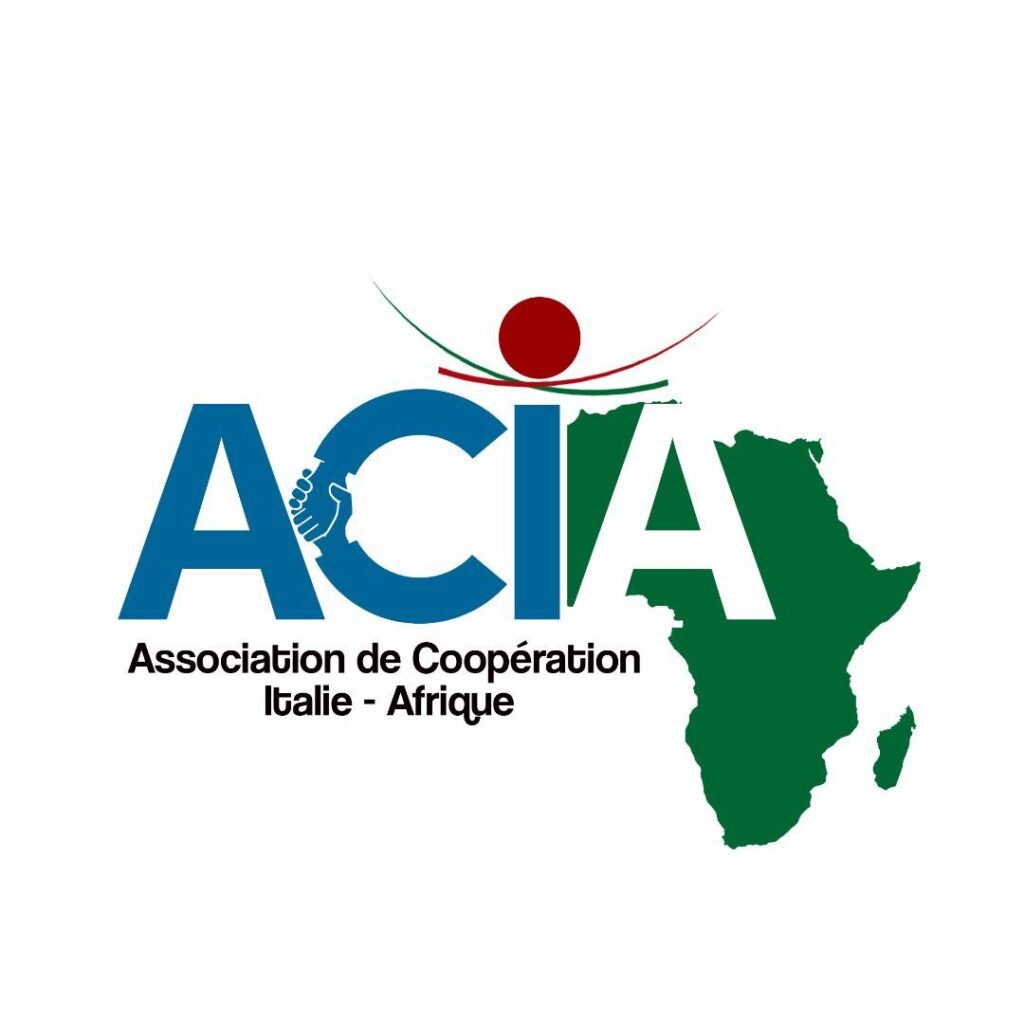Thanks to Banca Intesa Sanpaolo, the 2019 African Cup of Nations will be celebrated in the grand new Paul Biya Stadium in Cameroon.
 Italy exports its 'Made in Italy' will be present at the next edition of the African Cup of Nations, a football event that is very popular on the African continent and will see its final phase in Yaoundèthe capital of Cameroon in late 2018 and early 2019.
Italy exports its 'Made in Italy' will be present at the next edition of the African Cup of Nations, a football event that is very popular on the African continent and will see its final phase in Yaoundèthe capital of Cameroon in late 2018 and early 2019.
The Piccini Group, based in Perugia, is finishing the construction of the new football stadium with a capacity of around 60,000 spectators and a sports citadel that will house the teams and accompanying sports delegations: the whole thing will be the largest sports facility in the African country at a total cost of around 250 million euros.
The project is made possible by a direct grant to the African country issued by Banca Intesa San Paolothe company's long-standing partner, for a total value of EUR 212.2 million, which will cover 85% of the expenses to build what will be Cameroon's most important sports facility in the near future.
In and around the stadium, there will also be training spaces and commercial properties in a vision defined as absolutely innovative.
But who was in charge of transporting all the blocks for the construction of the Made in Italy stadium?
The transport of all the material from Italy to Cameroon was entrusted to the Genovese Maritime Agency in Naples, which maintains excellent business relations with all countries in sub-Saharan Central Africa.
The Agenzia Marittima Genovese will also organise the routing of containers with prefabs with delivery at the Rdb plant in Bellona in the province of Caserta and at the Centro Nord Group in Ponte Buggianese in the province of Pistoia.

The Genovese Agency will coordinate the entire bureaucratic and logistical phase on the ships for a total of over 1200 containers.
These are about 12-metre 'caissons', the majority with special features:
- open top,
- flat rack,
- platforms,
Conteiners very difficult to find on the container market.
But who is the Piccini Group?
It is a flagship of Made in Italy. Founded in 1949, the Piccini Group is from  time engaged with construction projects in developing countries and in particular in Africa, where it has 55% of its turnover of around 100 million euro.
time engaged with construction projects in developing countries and in particular in Africa, where it has 55% of its turnover of around 100 million euro.
Other target markets are the Americas, Eastern Europe and Italy where it has the lowest share of 10% of turnover.
The Piccini group works on infrastructure, renewable energy installations, public buildings and urban design.






